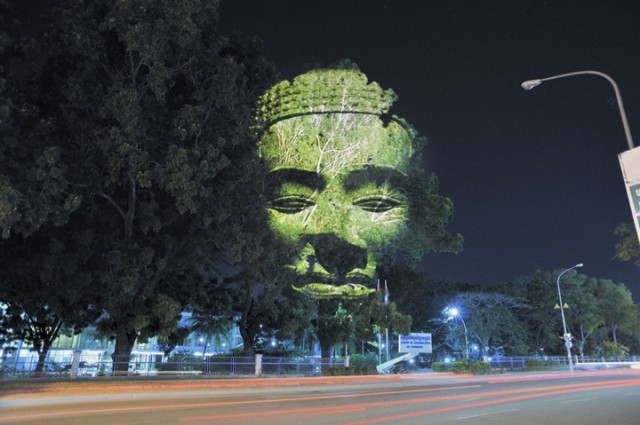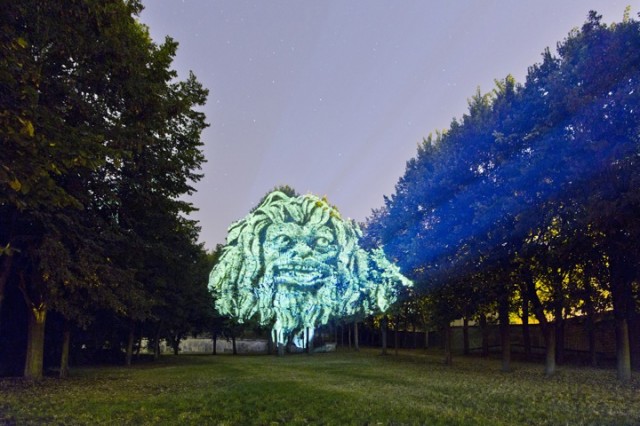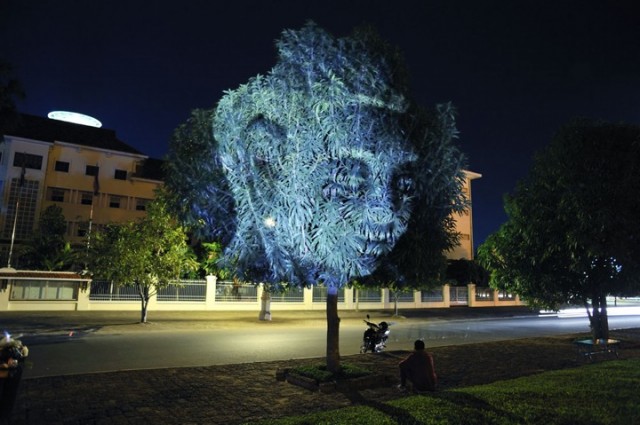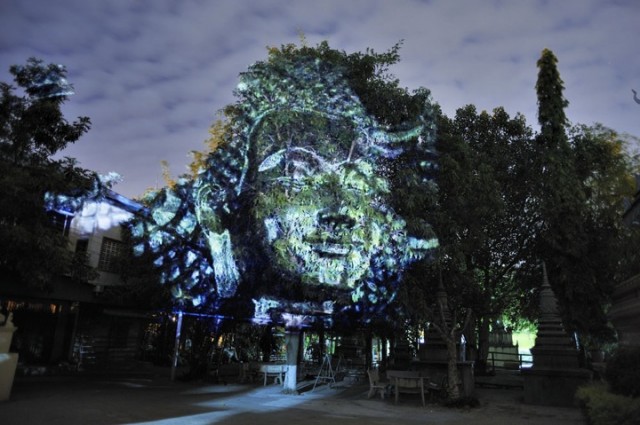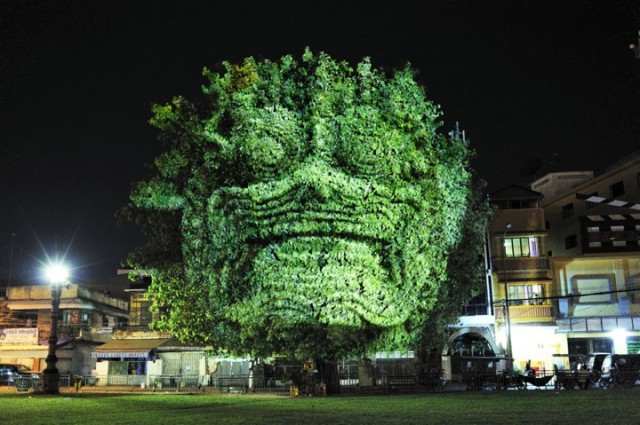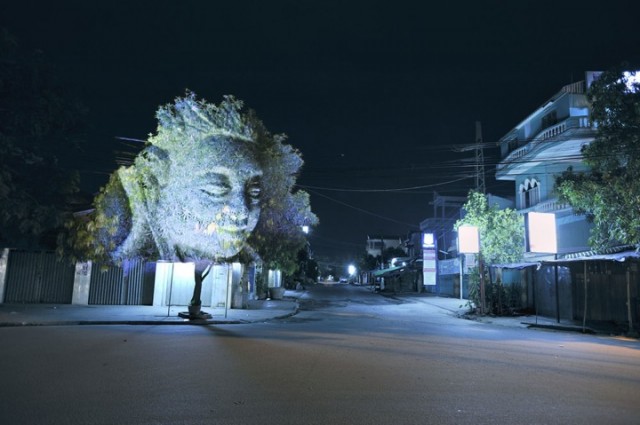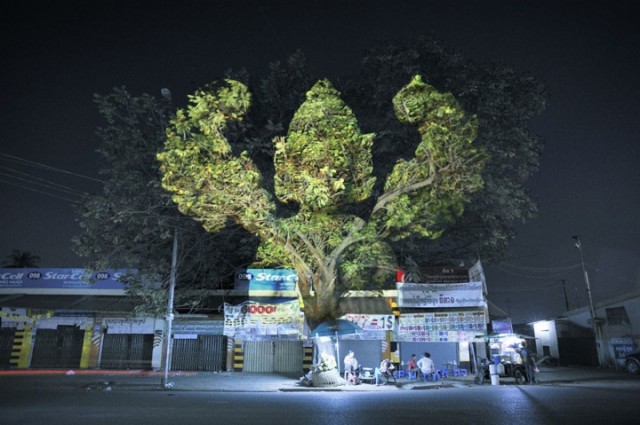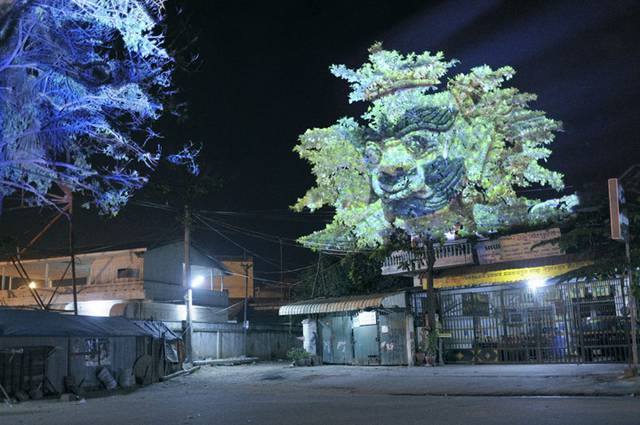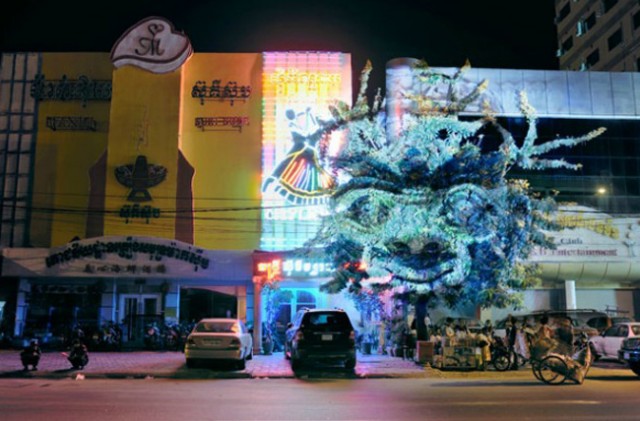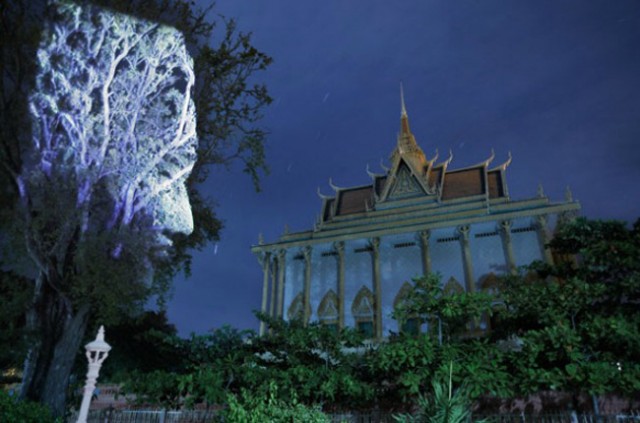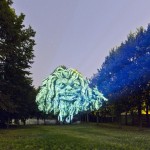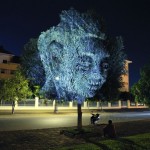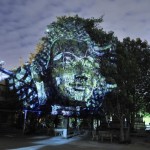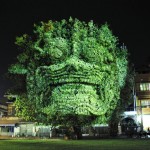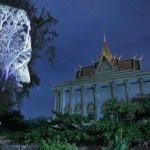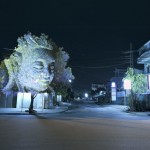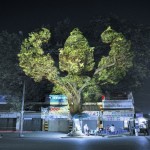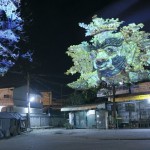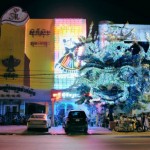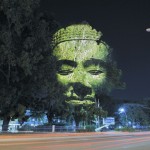The philosophical and spiritual problems of our age are so great that what our time calls for are new manifestos of knowledge and being. We need a kind of spiritual change that exceeds the political. Unfortunately most of us in the Westernized world spend more time trying to escape from ourselves (sex, shopping, addiction, fashion, entertainment, success), than we ever spend reflecting on the state of our existence, our heart or our soul. We are people driven by our desires: desires which destroy our hearts and any ability to have a connection to the greater spiritual realities that are all around us. As the Qur’an says, “God does not change the condition of a people, until they change their own condition.”
In the classic decolonial manifesto, Discourse on Colonialism, Aimé Césaire described Western life as a poison infecting the planet. Césaire wrote that to understand our existence, “First we must study how colonization works to decivilize the colonizer, to brutalize him in the true sense of the word, to degrade him, to awaken him to buried instincts, to covetousness, violence, race hatred, and moral relativism.” For Césaire, “a gangrene has set in … a center of infection has begun to spread …” The poison Cesaire warned of is a philosophical and spiritual poison that infects each of us today.
In the American Indian scholar Vine Deloria Jr’s final book, The World We Used to Live In, he writes: “The secularity of the society in which we live must share considerable blame in the erosion of spiritual powers of all traditions, since our society has become a parody of social interaction lacking even an aspect of civility. Believing in nothing, we have preempted the role of the higher spiritual forces by acknowledging no greater good than what we can feel and touch.” The de-sacralization of the self and our lifeworlds is leaving our spiritual hearts dead.
To save ourselves, to avert catastrophe, we need to make what Walter Mignolo calls an “epistemic geopolitical move.” That demands a form of critique that is deeply engaged in what is known in Arabic as muhasabah, or self-examination, on three levels: examination of the self and one’s spiritual state; an examination of the dominant hierarchies that we all interact with such as gender, race, class, sexuality, and religious domination; and finally an examination of one’s local knowledge and the place from which critique is emanating. In recentering on the sacred in this process of self-examination, we can learn from Chicana feminists and the emerging idea of “decolonial love.”
Laura Pérez, UC Berkeley Professor of Ethnic Studies, connects “decolonial love” to the Mayan principle of In’Laketch: tu eres mi otro yo (you are my other me). Pérez explains that “not only are we interwoven, we are one. I am you and you are me. To harm another is thus to literally harm one’s own being. This is a basic spiritual law in numerous traditions.” This shift in the geopolitics of knowledge involves a turn away from Descartes and Western modernity’s centering of human consciousness in the mind, to a recentering of consciousness in the spiritual heart (qalb). This idea of a heart centered knowledge is central to many spiritual traditions including Christianity, Buddhism and Islam, and is echoed by Subcommandate Marcos and the Zapatista adage to center politics below and to the left, where the heart is in Aztec and Mayan cosmology.
Similar to Gloria Anzaldua’s concept La Facultad, a form of inner knowledge, is the Islamic concept of Al Basira, the eye of the heart, which is the center of spiritual perception if properly developed. As the great Mystic philosopher Al-Ghazali put it in his masterwork of the inner sciences of Islam, Ihya’ ulum al-din, “Creation refers to the external, and character to the internal, form. Now, the human is composed of a body which perceives with ocular vision (basar) and a spirit (ruh) and a soul (nafs) which perceive with inner sight (basira). Each of these things has an aspect and a form which is either ugly or beautiful. Furthermore, the soul which perceives with inner sight (basira) is of greater worth than the body which sees with ocular vision.” In seeing with the eye of our heart we can begin to differentiate between form and meaning, as the outward forms of things are not always their internal and spiritual reality.
The vision of our hearts has become blinded by the poison of base materialism. In the verse poetry of the early female Sufi saint, Rabi’a al-Adawiyya: “O children of Nothing! Truth can’t come in through your eyes, Nor can speech go out through your mouth to find [God], Hearing leads the speaker down the road to anxiety, And if you follow your hands and feet you will arrive at confusion. The real work is in the Heart: Wake up your Heart! Because when the Heart is completely awake, Then it needs no Friend.”
To break from the chains of modernity, we must learn both from philosophers of decoloniality and the spiritual sciences. Ultimately, we must walk down the path of love, to see each other in the divine light we were born into. As the great mystic philosopher Ibn Arabi said, “I believe in the religion of love, whatever direction its caravans may take, for love is my religion and my faith.”
Dustin Craun is a writer, educator and community organizer who lives in Berkeley, California. This essay is excerpted from his forthcoming book titled Decolonizing the Heart in an Upside Down World.

